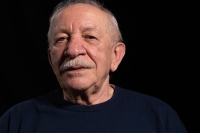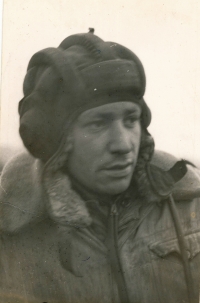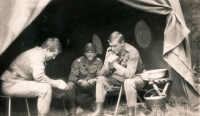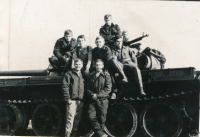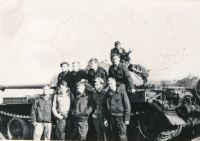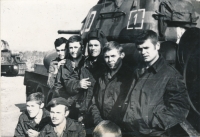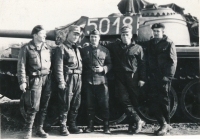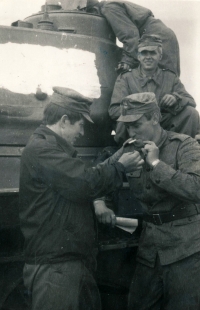Voják dostal úkol a neexistovala o něm diskuse. Bylo třeba ho vykonat.

Download image
Narodil se 17. května 1943 v Lublinu. Otec pracoval jako truhlář, matka byla v domácnosti a starala o čtyři děti. Dětství prožil na Starém Městě v Lublinu, kde v roce 1957 absolvoval základní školu. Poté studoval střední stavební školu a zapojil se do činnosti skautského oddílu „Černá třináctka“. V roce 1964 dosáhl hodnosti skautského instruktora a rozhodl se věnovat kariéře v armádě. V roce 1967 absolvoval Důstojnickou školu obrněných a mechanizovaných sil v Poznani a nastoupil ke 4. mechanizované divizi v Krosnu Odrzańském, kde se stal velitelem čety tanků v 11. mechanizovaném pluku. V srpnu 1968 se účastnil se svou jednotkou invaze vojsk pěti armád zemí Varšavské smlouvy do Československa. Do začátku listopadu 1968 hlídal vojenské letiště v Milovicích. V následujících letech pracoval na velitelství stejného pluku jako operační důstojník a studoval na Akademii generálního štábu. V letech 1978–1988 pracoval na generálním štábu v oddělení pro mobilizaci, v letech 1988–1994 pracoval ve štábu národní civilní obrany a poté až do svého odchodu do důchodu v roce 1997 na odboru kontroly ministerstva obrany. Své vzpomínky na účast v okupaci Československa vydal v knize „1968. Tankem do Československa“.
